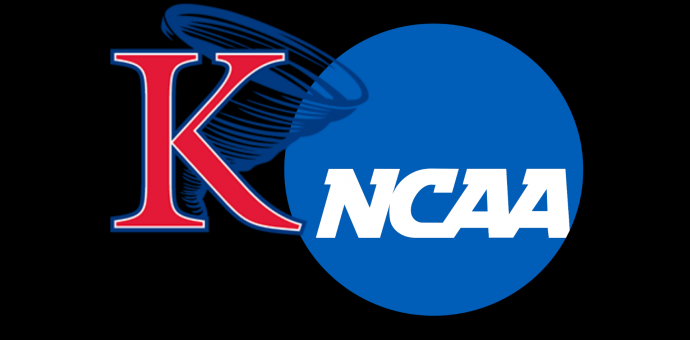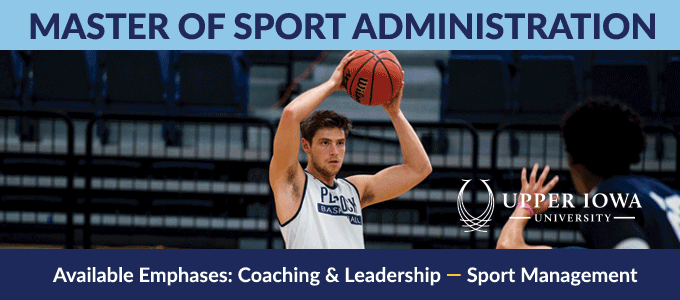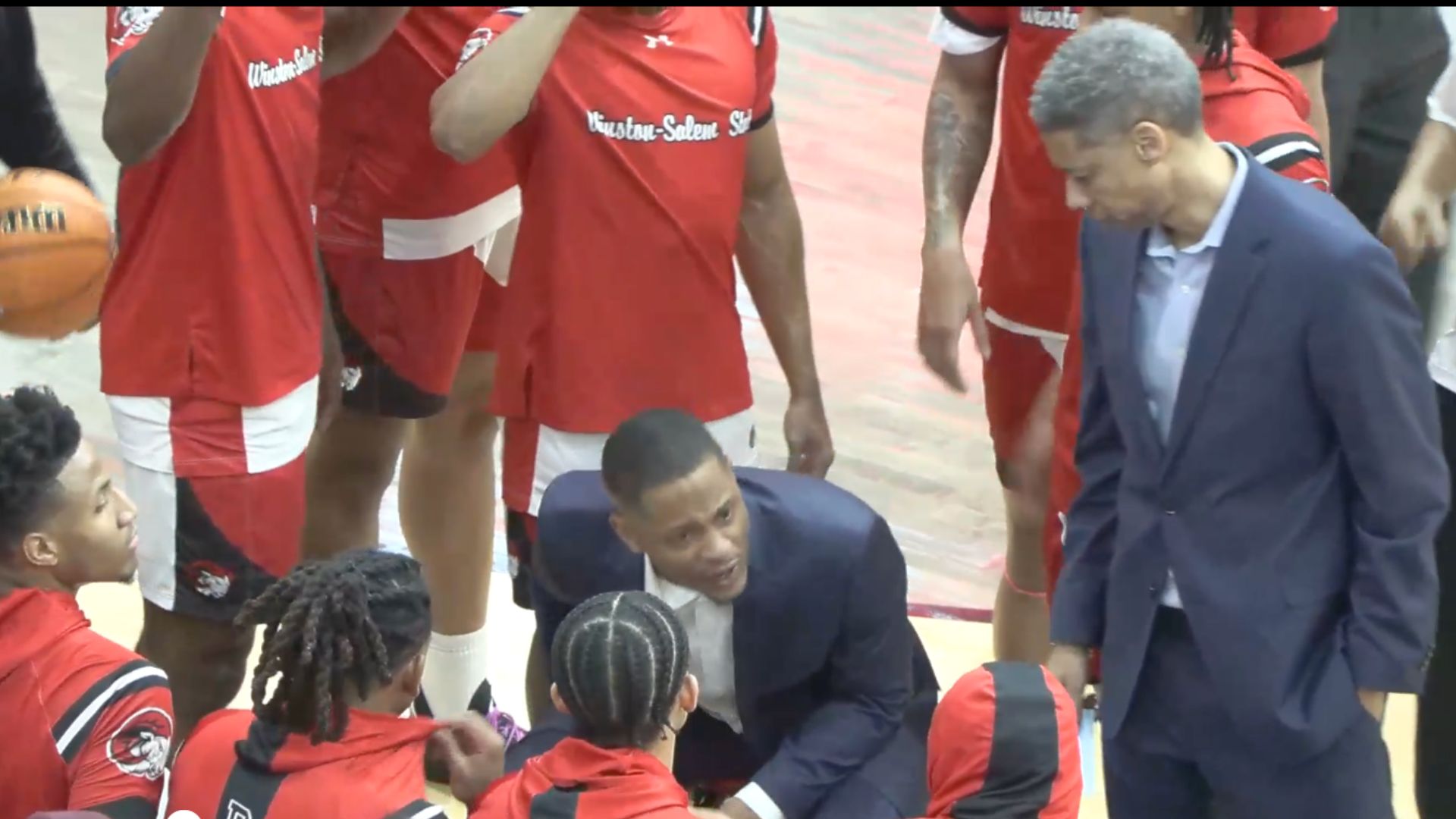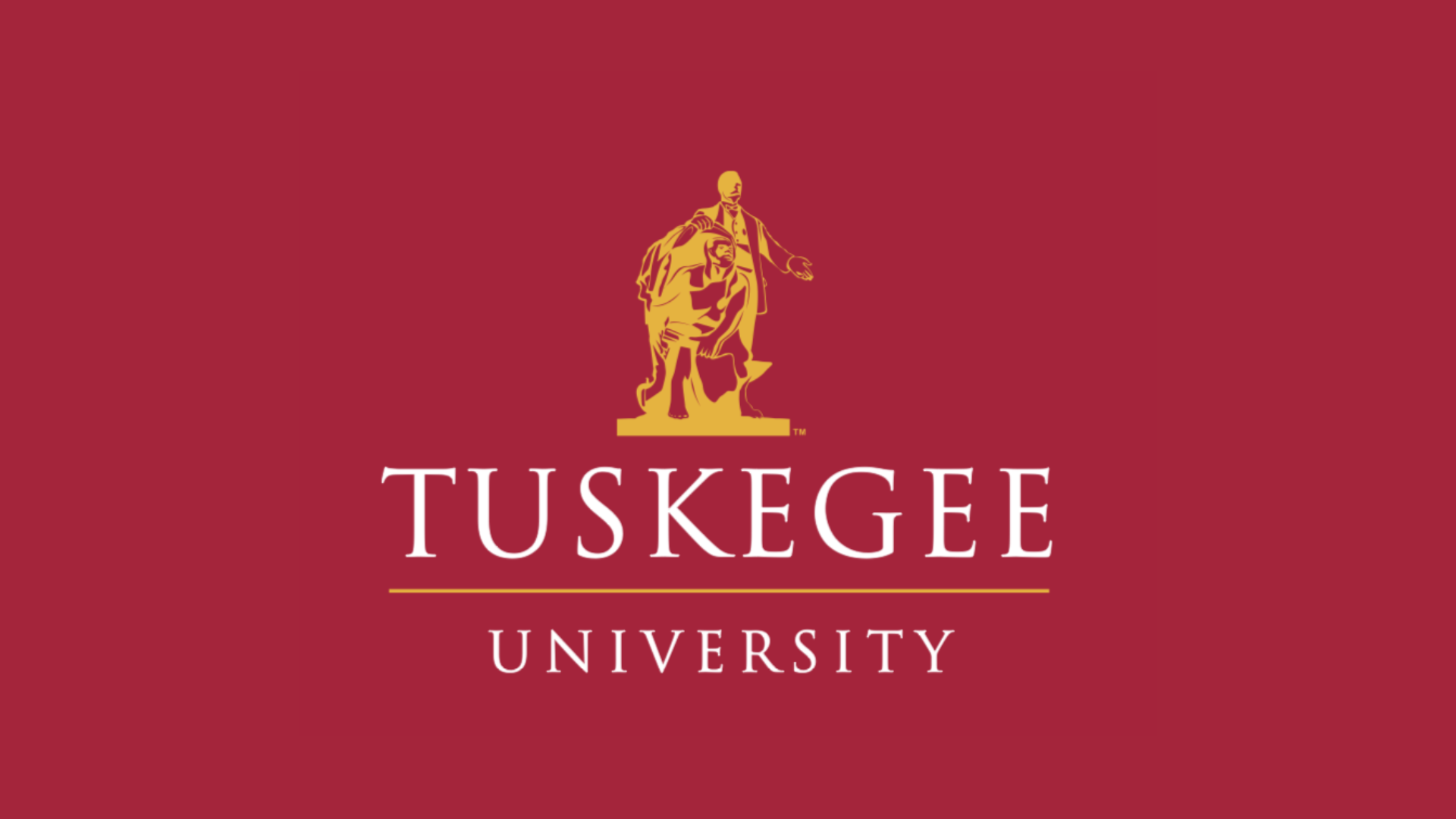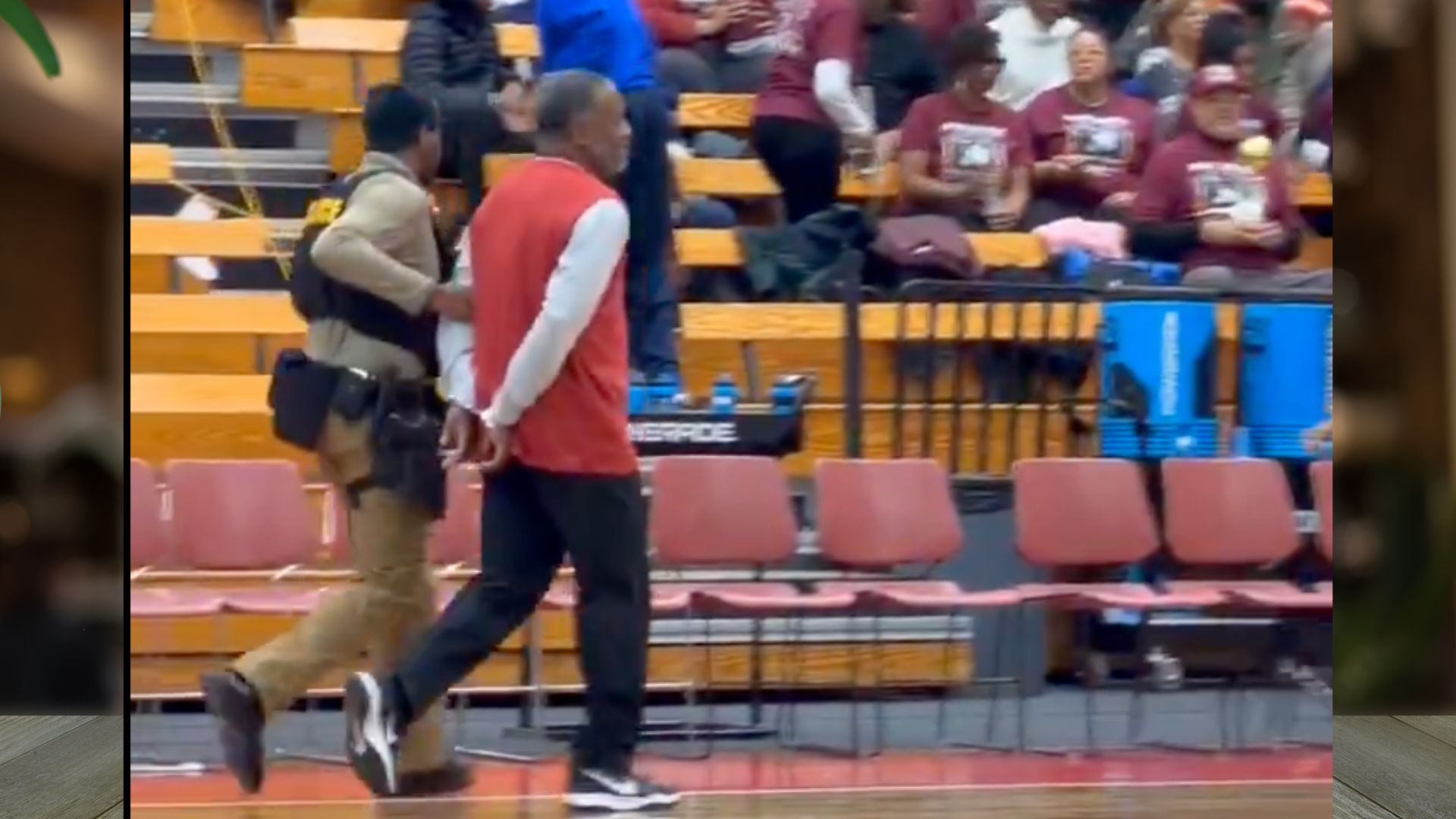The following release is from the NCAA regarding violations by D2 King University’s men’s basketball program, and their former staff. The complete public infractions decision can be found HERE. Sanctions are listed below the press release.
The King (Tennessee) men’s basketball program committed violations involving the university’s work-study program, impermissible benefits and academic misconduct, according to a decision issued by the NCAA Division II Committee on Infractions. The committee also found the former head coach George Pitts violated head coach responsibility rules and the university did not monitor the men’s basketball work-study program.
The work-study violations involved 28 men’s basketball student-athletes receiving more than $22,000 of pay they did not earn, according to the committee. The student-athletes, who were supervised by the former associate head coach, rounded up the amount of time they worked and logged inaccurate hours, including times when they were competing. The former associate head coach approved the hours without confirming the accuracy. In addition, the university did not appropriately act on information suggesting the reported hours might be inaccurate.
Other violations occurred in the men’s basketball program when the former associate head coach Nick Pasqua provided impermissible recruiting benefits to two prospects when he made substantive edits to the prospects’ admission essays. The essays were used by the university to help gauge whether potential students who did not meet admissions criteria had the ability to complete college-level work and should be accepted for admission. The former associate head coach also allowed one of the prospects to impermissibly spend two days in his home, where he was provided with cost-free tutoring in a math course the prospect needed to pass to be eligible.
The committee noted the former associate head coach at no time inquired whether he could assist with the essays or whether the prospect could stay at his home. Additionally, the committee said the head coach was aware the prospect was going to stay at the former associate head coach’s home but did not ask the compliance office if the arrangement was allowable.
The former associate head coach also engaged in academic misconduct on behalf of a student-athlete. The committee said he substantially edited a student-athlete’s take-home test, which the student-athlete then submitted for credit. The university determined the former associate head coach’s editing violated the university’s honor code and the student-athlete had engaged in academic misconduct.
The committee said the head coach violated head coach responsibility rules when he was involved in arranging for impermissible recruiting benefits and failing to monitor his staff. In its report, the committee said, “A culture of rules compliance starts at the top. When head coaches do not communicate with the compliance office regarding the permissibility of actions they and/or their staffs are taking, they fail to meet their responsibilities and set poor examples for their staffs.”
The university failed to monitor the operation of the men’s basketball work-study positions, which allowed the student-athletes to be paid for the work that was not performed. The committee said the university did not adequately educate and train the former associate head coach and failed to adequately monitor the associate head coach’s supervision of workers from his own sports program.
The committee prescribed the following penalties and corrective measures:
- Three years of probation.
- A reduction of men’s basketball scholarships from 10 to 8.5 for the 2019-20 and 2020-21 academic years (self-imposed by the university).
- A vacation of records in which student-athletes competed while ineligible. The university must provide a written report containing the contests impacted to the NCAA media coordination and statistics staff within 14 days of the public decision release.
- A $2,500 fine.
- A prohibition of men’s basketball official paid visits for one year (self-imposed by the university).
- The university must provide a copy of the infractions decision to its regional accrediting agency because the case involved academic misconduct.
- A one-year show-cause order for the former head coach. During that period, any NCAA member school employing him must show cause why he should not have restrictions on athletically related activity.
- A two-year show-cause order for the former associate head coach. During that period, the associate head coach cannot supervise any work-study students and must attend an NCAA Regional Rules Seminar during both years of the period. He must be suspended from the first three conference games of the first season of his employment and must be prohibited from all off-campus recruiting from July 1, 2021, through Oct. 14, 2021.
- The men’s basketball coaching staff must attend an NCAA Regional Rules Seminar in either 2020 or 2021 (self-imposed by the university).



